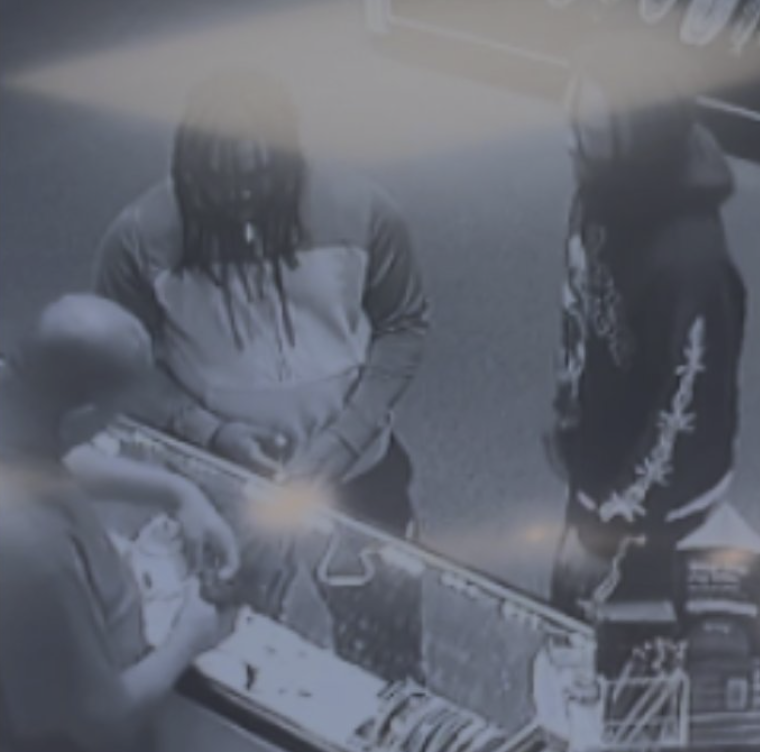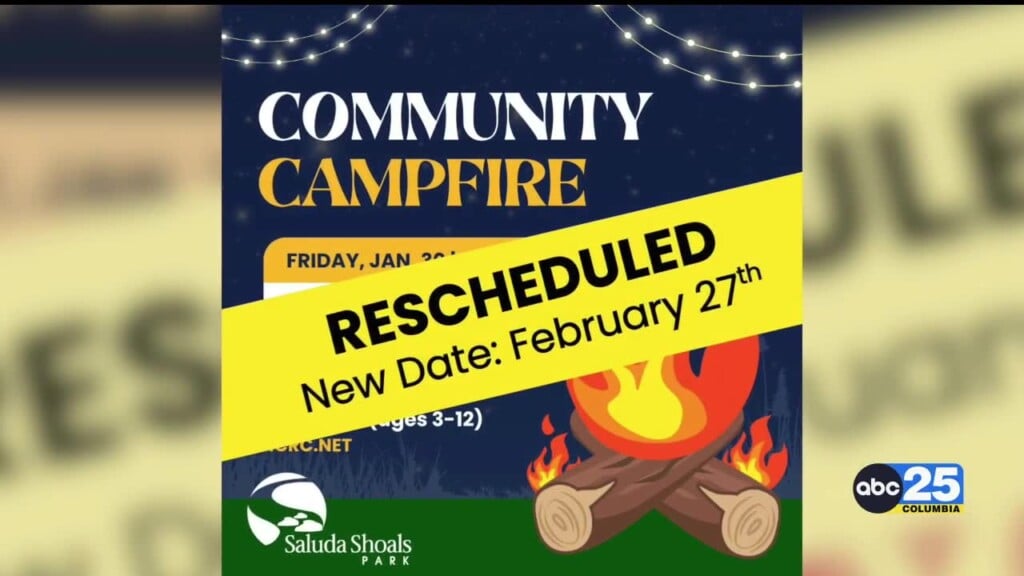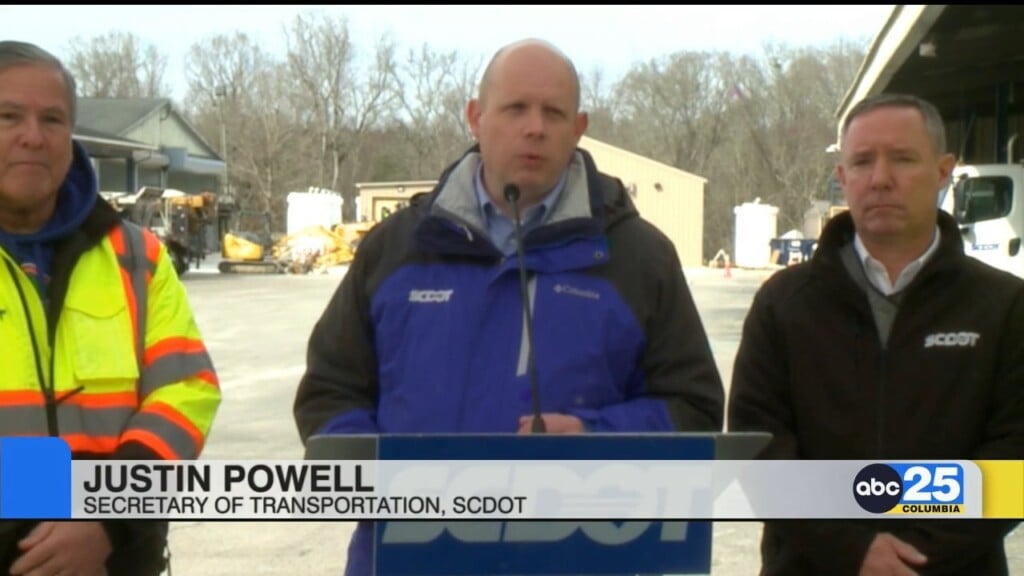SC bill seeks to redefine obscenity, sparking civil rights & education debate

FILE – Police officers are the only people seen at the South Carolina Statehouse on Jan. 20, 2021, in Columbia, S.C. The Republican-dominated South Carolina House is expected to debate a bill restricting medical care for transgender minors on Wednesday, Jan. 17, 2024. (AP Photo/Jeffrey Collins, file)
(WPDE) — South Carolina lawmakers are considering a bill that advocates say would protect minors from pornography and obscene materials, but opponents say is a violation of civil rights.
The Protection of Minors from Pornography and Obscenities Act would change definitions in the current law, making them clearer.
If passed, the bill could potentially criminalize school teachers and librarians for teaching or showing content that goes against these new definitions.
The Protection of Minors from Pornography and Obscenities Act Bill looks to change the legal definition of what’s considered “harmful to minors” and the word “material.”
Lawmakers believe school teachers are taking advantage of the vague language in the current law to show kids materials with graphic images, sexual content, or foul language.
The new bill would close that loophole by changing certain language.
Moms for Liberty Horry County Chair, David Warner, said he hopes the bill passes “to ensure our children are safe and this kind of content is not being put in front of our children.”
American Civil Liberties Union (ACLU) of South Carolina Advocacy Director, Josh Malkin, said they’re concerned by the drastic redefinition of certain words.
“Obscenity is not a word without definition. It’s been defined by the Supreme Court for the last 50 or so years. All three prongs of the Miller test require you to look at a word as a whole, and this bill says any portion of a work or piece of art violates their new definition of obscenity; the person responsible could be found guilty of a felony,” Malkin said.
According to the bill, “harmful to minors” means “quality of any material or performance, or a portion of any material or performance, that depicts sexually explicit nudity, sexual activity, or contains profane language.”
Material is defined as “drawings, video recordings, films, digital electronic files, words, gestures, or other depictions or representations.”
Malkin said this bill is an attack on our educators and librarians.
“Books like everybody poops, the bible, 1984, any book where a character goes to the bathroom, would all be in violation of House Bill 4123,” Malkin emphasized.
House Bill 4123 was taken up in committee on Tuesday for about 5 minutes before the committee ran out of time and adjourned.
It’s unclear when the bill will be discussed again.


